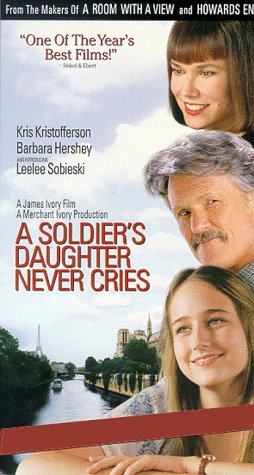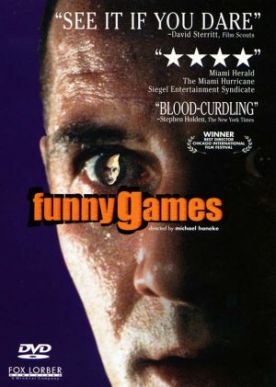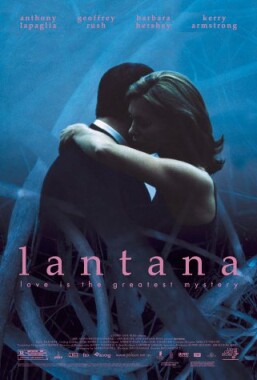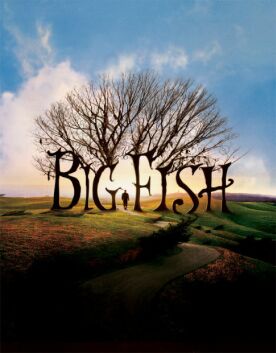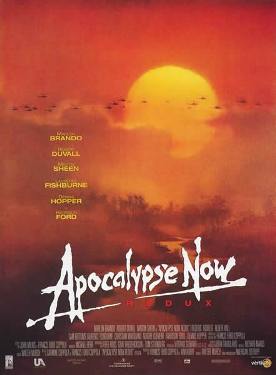Soldier’s Daughter Never Cries, A
At the end of A Soldier’s Daughter Never Cries, as at the end of
almost every Merchant-Ivory film I’ve ever seen, I said to myself: “What was the
point of that?” I guess it’s a kind of trademark of theirs. In fact, the
Soldier’s Daughter, based on a memoir by the daughter of the
novelist James Jones, the author of From Here to Eternity and The Thin
Red Line, is a bit better than the usual stuff that comes off this
particular production line. The Jones stand- in, here called Bill Willis (Kris
Kristofferson), his charming wife, Marcella (Barbara Hershey) and their
strikingly beautiful daughter, Channe (Leelee Sobieski), are all meaty parts and
all played competently, but the three of them together would still not be good
enough to tempt me away from, say, a comfortable evening in front of the TV. And
the film still has no point.
Or, rather, its only point is to celebrate the moment at which certain sorts
of now-antiquated “progressive” ideas have triumphed as if such things had
never been heard of before. To watch a Merchant Ivory film like this one, you
would think that it was still cool and original and bohemian for a father to
suggest that a teenage boy sleep with his teenage daughter because “they’re
going to do it anyway; let them do it right.” Or among the great man’s striking or profound obiter dicta we find the following: “There’s nothing glorious or glamorous about killing; it’s sloppy and messy. . .” Gosh! Who knew? This is what Bill takes pride in calling “brutal but
honest.”
Frankly, the guy seems rather a jerk, at least on the evidence we are
provided by the film. We never see the great writer writing (though that is
something notoriously difficult to present on film) and he’s rather a bore in
his conversation — though I’m sure he was terrifically nice in real life.
One supposes it’s Ruth Prawer Jhabvala and James Ivory, who co-wrote the
screenplay, who think that it is daring and unconventional to be sexually
“liberated” (as they used to say in the late sixties and early seventies, the
period in which the film is set) or anti-clerical. The Catholic clergy are said
by Mr Willis to live high on the hog from what they have taken from the poor,
and one is struck by the horrible suspicion that Mrs Jhabvala and Mr Ivory are
unaware that they are making their character mouth the most boring sort of
Marxist claptrap.
Their fascination with this character give the movie all the usual failings
of the biopic, in which characters are introduced only to disappear, because
that is what they did in real life. The most notable of these is the gloriously
screwed up Francis Fortescue (Anthony Roth Costanzo) who becomes Channe’s best
friend in her early teens. Channe herself has the usual Merchant-Ivory
character’s problem of being monumental but uninteresting, and her poor brother
Billy (Jesse Bradford) is a complete cipher, but Francis holds our attention
from the moment when he boldly stands in front of the class and sings Voi che
sapete, Cherubino’s sexually ambiguous aria from The Marriage of
Figaro, in a booming falsetto. “I know all about women and sex and stuff
like that,” he assures Channe later. “My mother told me.”
Mother (Jane Birkin) is also a promising character. But before long the
Willises move back to the United States and both Francis and his batty mum drop
out of the picture. No more is heard from them, and the whole last third of the
picture that takes place back in the US is without an interesting character. Dad
brings them home because he doesn’t want the kids to become “Eurotrash brats” (I
think this is an anachronism, by the way: the word “Eurotrash” was not current
before, at least, the 1980s), so they become bratty Americans instead. Oh yeah,
and dad dies, his last words to Billy being an injunction “To take care of the
house and stuff.” Is there some kind of weird irony here? Is the idea to point
us toward the pedestrian spirit that lurks even in the breast of the great
writer? But if so, it does not do so in any funny or interesting way. He’s
always been a pretty pedestrian sort of guy. Why would anyone want to see such a
film. What’s the point?
Discover more from James Bowman
Subscribe to get the latest posts to your email.

